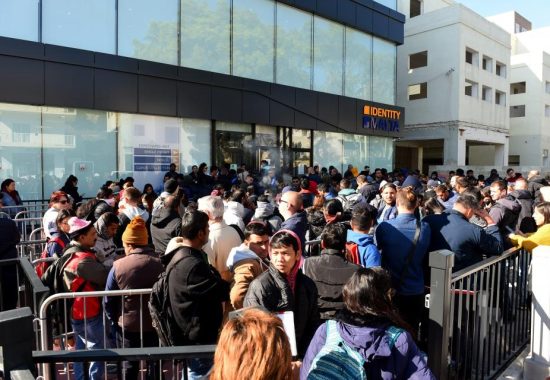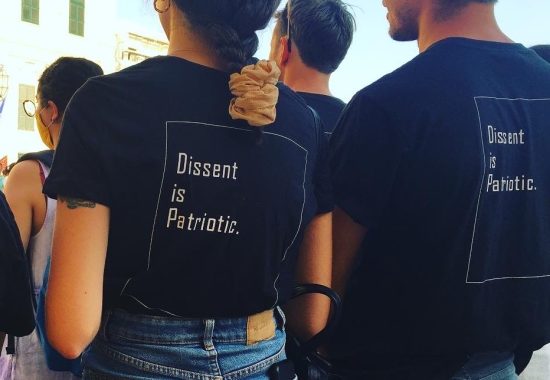In the case of Istok Lazarevic vs. Direttur tad-Dipartiment taċ-Ċittadinanza (Appell Nu 78/2018), the Civil Court of Appeal revoked a decision issued by the Immigration Appeals Board (“the Board) upholding a refusal decision by Identity Malta Agency (“the Agency”) for a single permit application on the grounds of public policy and public security.
Continue ReadingAuthor: Mireille Boffa
An Incomparable Year of Change – Legal Unit, pt 2
by Mireille Boffa, Legal Officer, Legal Unit, aditus foundation
An excerpt of Alexis’ input to aditus foundation’s Annual Activity Report for 2021. The full Annual Report 2021 may be downloaded here (.pdf). In the coming weeks we’ll be publishing the other team member inputs to the Annual Report.
I joined aditus foundation in July 2021 as a Junior Legal Officer and my work was mainly focused within the legal unit. I have previous experience within the legal field however the field of asylum and human rights was relatively new to me. Initially my work was focused on simpler procedures including applications for citizenship, residence documents, family reunification and long-term residence applications with the Identity Malta Agency and also follow-up with the relative agencies. I was also doing some research regarding country-of-origin information as well as CJEU, ECtHR and domestic courts case law.
Continue ReadingPride but not much Protection!
The story of two LGBTIQ+ clients: Ali & Ashraf
Facts
Ali and Ashraf* are two vulnerable LGBTIQ+ individuals, who faced sexual violence in their countries of origin as well as during their journey to Europe. They were referred to us by their social workers and doctors who they grew to trust over the course of a few months. Both Ali and Ashraf came from what are deemed to be “safe countries“** of origin.
On arrival in Malta they applied for asylum and were passed through a fast-tracked procedure due to the fact that they came from “safe countries”. The procedure was carried out when both, although extremely vulnerable, were being detained in Safi Detention Centre. They were not given any information prior to the asylum interview. Consequently, they did not mention that they are LGBTIQ+ individuals in fear of the consequences of making such statements, being unware of Malta’s position on the matter, and also in fear that they could be at risk of harassment or violence should the other detainees find out.
Continue ReadingIntervening when maximum detention limits are exceeded
On 29 April 2022, three Bangladeshi individuals were released from the Ħal Safi Detention Centre. Nashir, Hussain and Shumon[1] were freed three days beyond the maximum permissible period of 18 months. The extra days they spent in Ħal safi were in breach of their rights as prescribed by both EU and national law. They had arrived in Malta in 2019 and had been in detention ever since. This post provides an overview of how we intervene when maximum detention limits are exceeded.
In Malta, it is common practice to automatically detain asylum-seekers from countries where returns are generally feasible. Usually they are nationals of countries listed as ‘safe’[2], but this is not always the case. These situations often result in total detention periods exceeding two years. This was the case for Nashir, Hussain and Shumon. They were detained upon arrival in December 2019, throughout their asylum procedure. Once the asylum authorities rejected their asylum claim, they were immediately issued with a return decision and removal order for them to be repatriated. They were only released in April 2022.
Continue ReadingOur Junior Legal Officer attended an advanced course on strengthening international protection
In October three of our lawyers attended an advanced course on strengthening international protection. Neil (Director), Alexis (Legal Officer) and Mireille (Junior Legal Officer) spent 3 days in Marseille participating in engaging discussions and workshops, whilst also networking with our friends and colleagues in other Member States.
Why do we attend these events? What are the benefits to our work, and to our beneficiaries?
Continue Reading

